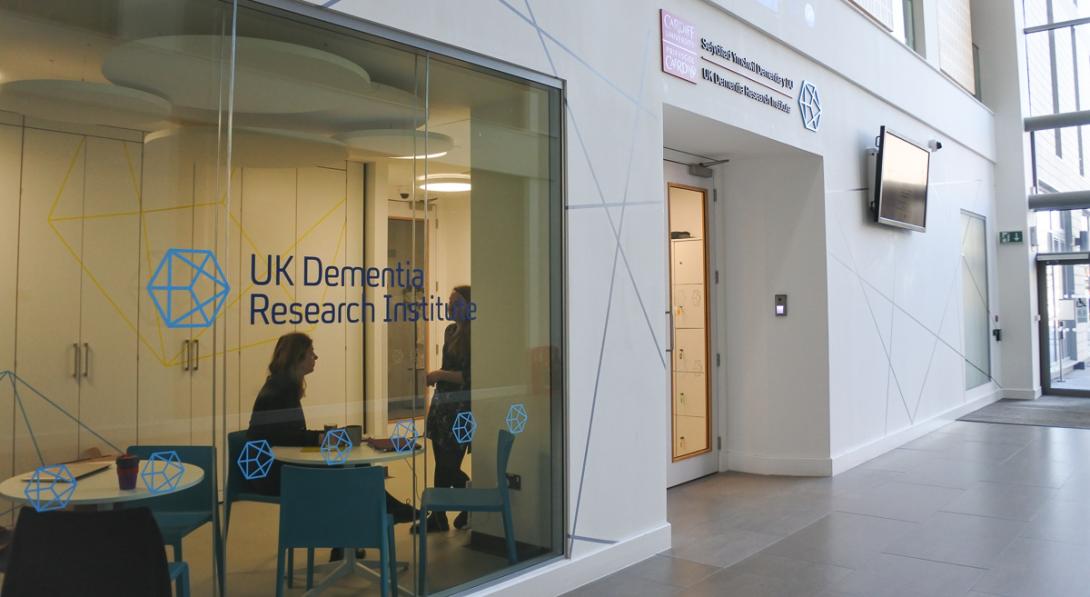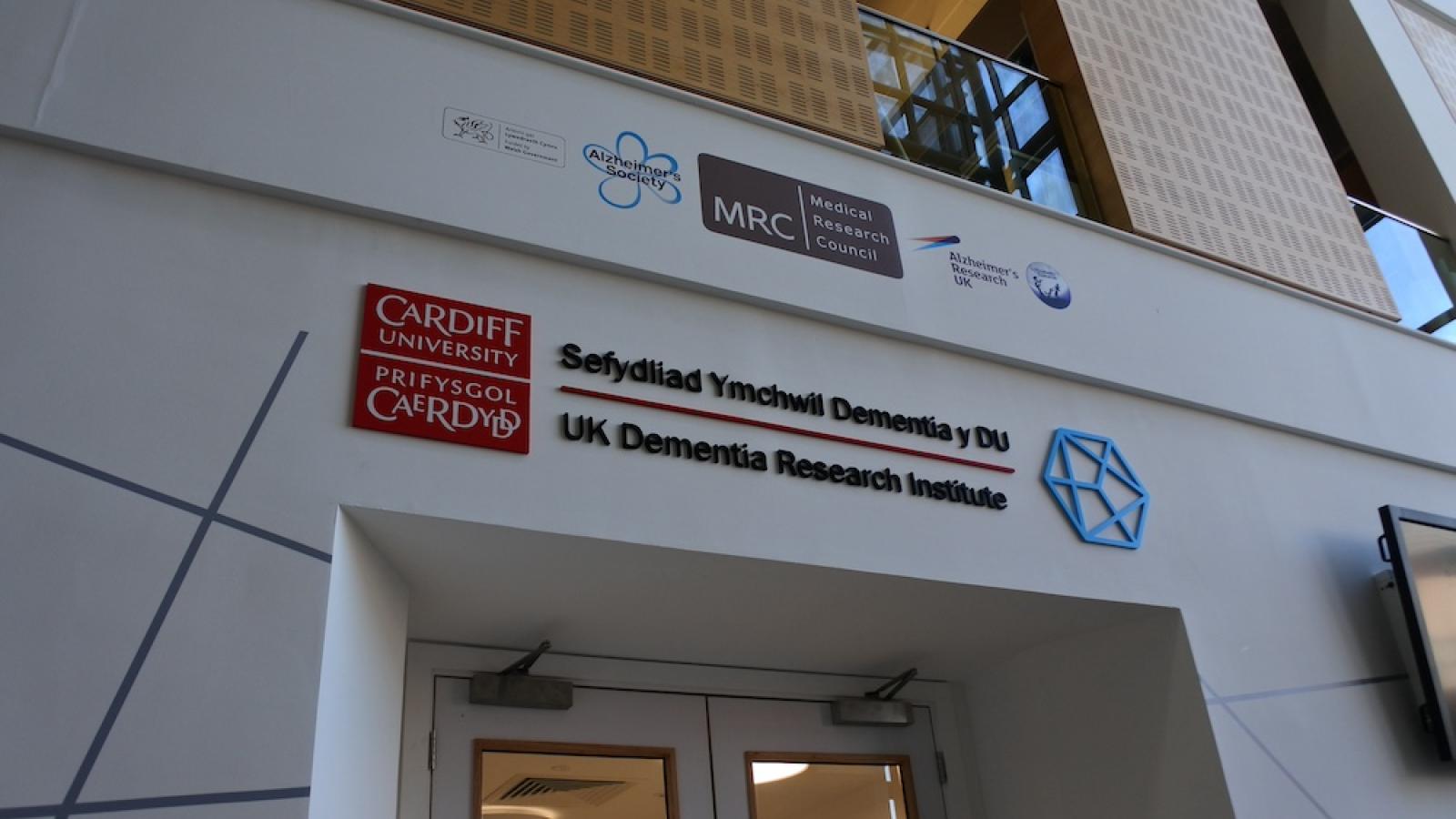Featured

Vacancy: Centre Director, UK DRI at Cardiff
The UK Dementia Research Institute (UK DRI), principally funded by the Medical Research Council (MRC), and Cardiff University are seeking to appoint an outstanding established academic to a new Chair in Neuroscience and to leadership of the UK DRI Centre at Cardiff within the School of Medicine. The internationally recognised scientist can work in any area relevant to the Institute's overarching mission, including the biology of behavioural and psychiatric features of dementia.
Closing date: 20 March 2025
Full information
Vacancies
Training

Researchers at the UK DRI at Cardiff have access to a wide range of resources to help them achieve their research ambitions. Specialist training for early career researchers provides access to a wide range of hands-on workshops, online modules and one-to-one coaching.
The Cardiff Researcher Programme covers over 100 training topic areas, which will equip researchers with the knowledge and skills needed to run successful projects. Staff can also benefit from a leadership and management programme.
Staff networks

The UK DRI at Cardiff has several active staff networks, including an Equality, Diversity and Inclusion network, and an Early Career Researcher (ECR) network.
More widely within the university, there are a range of different networks for staff, including a Black, Asian and Minority Staff Network, Disability Staff Network, EMPOWER: Femail PI Network, Enfys (LGBT+ Network for staff), International Staff Network, Neurodiversity and Inclusivity Network. Visit the Cardiff University website for more information on the support available for researchers and staff.
